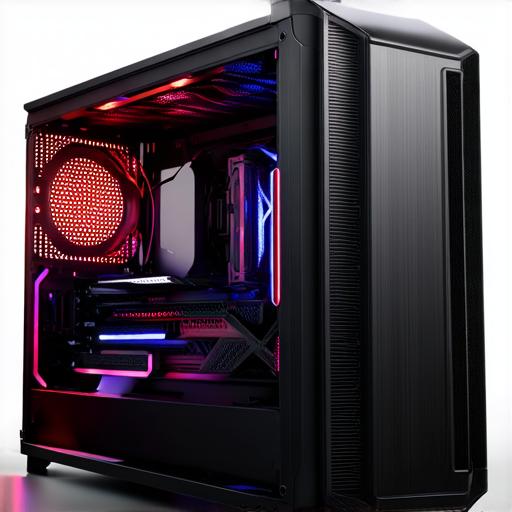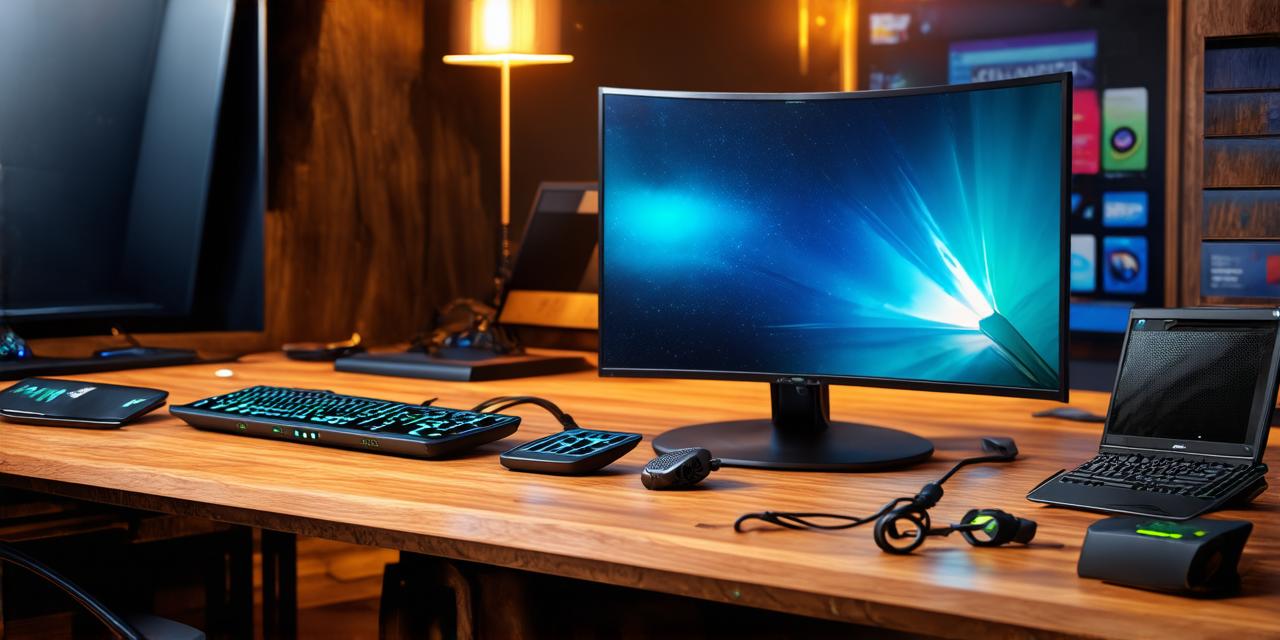Introduction:
Unity is a popular game engine that allows developers to create games for multiple platforms. While the minimum requirements for running Unity are relatively low, many game developers prefer to use powerful PCs to take advantage of the advanced features and capabilities offered by modern hardware. In this article, we will explore whether or not you need a powerful PC to run Unity and provide some guidance on how to determine if your current setup is sufficient for your needs.
The Importance of Powerful Hardware in Game Development:
Unity supports a wide range of hardware configurations, from entry-level PCs with low-end graphics cards to high-performance workstations with top-of-the-line components. However, there are several reasons why many game developers choose to use powerful PCs when working with Unity.
1. Performance:
One of the most significant advantages of using a powerful PC for game development is improved performance. With more processing power and memory, you can work on larger projects and handle more complex tasks without experiencing slowdowns or crashes. This can save you time and help you meet deadlines more efficiently.
2. Graphics Quality:
Another important factor to consider when deciding whether or not to use a powerful PC for game development is the quality of the graphics you want to achieve. Unity supports high-resolution textures, advanced shaders, and other features that require significant processing power to render smoothly. If you’re aiming for a visually stunning game with realistic lighting and special effects, you may need a powerful PC to make it happen.
3. Collaboration:
Finally, using a powerful PC can make collaboration between team members easier and more efficient. With high-speed internet connections and cloud-based tools like Unity Asset Store, developers can share assets and resources quickly and easily, regardless of their location. However, this process requires a fast and reliable internet connection, which may not be available on lower-end systems.
Determining If You Need a Powerful PC to Run Unity:
Now that we’ve explored some of the key reasons why many game developers choose to use powerful PCs for game development let’s look at how you can determine if your current setup is sufficient for your needs.
1. Hardware Requirements:
The first step is to check the hardware requirements for Unity. Unity provides a detailed list of minimum and recommended specifications, including processor speed, memory, graphics card, and storage capacity. If your current PC meets or exceeds these requirements, you should be able to run Unity without any issues.
2. Software Requirements:
In addition to hardware, there are also software requirements for running Unity. For example, you’ll need to have the latest version of Windows, MacOS, or Linux installed on your system, as well as any necessary drivers and software dependencies. Make sure to check these requirements before installing Unity.
3. Project Size:
The size and complexity of your project can also impact whether or not you need a powerful PC to run Unity. If you’re working on a small indie game with basic graphics, you may be able to get by with a less powerful system. However, if you’re working on a large-scale AAA game with complex systems and advanced graphics, you may need more processing power and memory to handle the workload.
4. Budget:

Finally, your budget can also play a role in determining whether or not you need a powerful PC for game development. While high-performance hardware can be expensive, there are many affordable options available on the market today.
